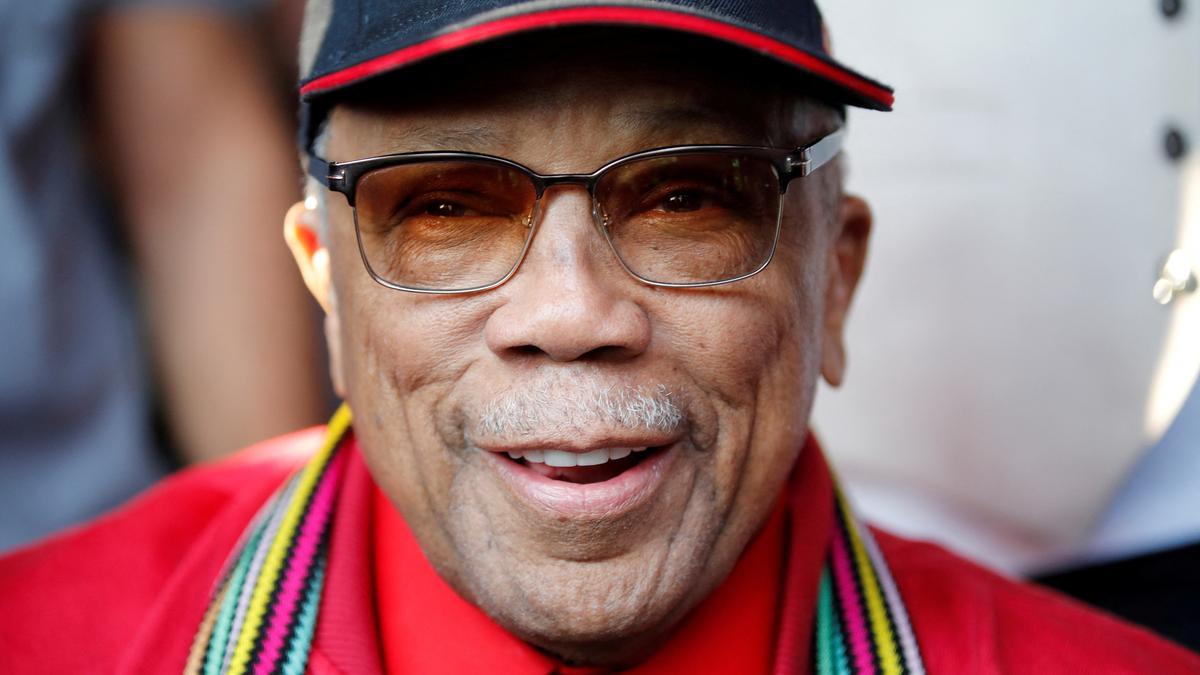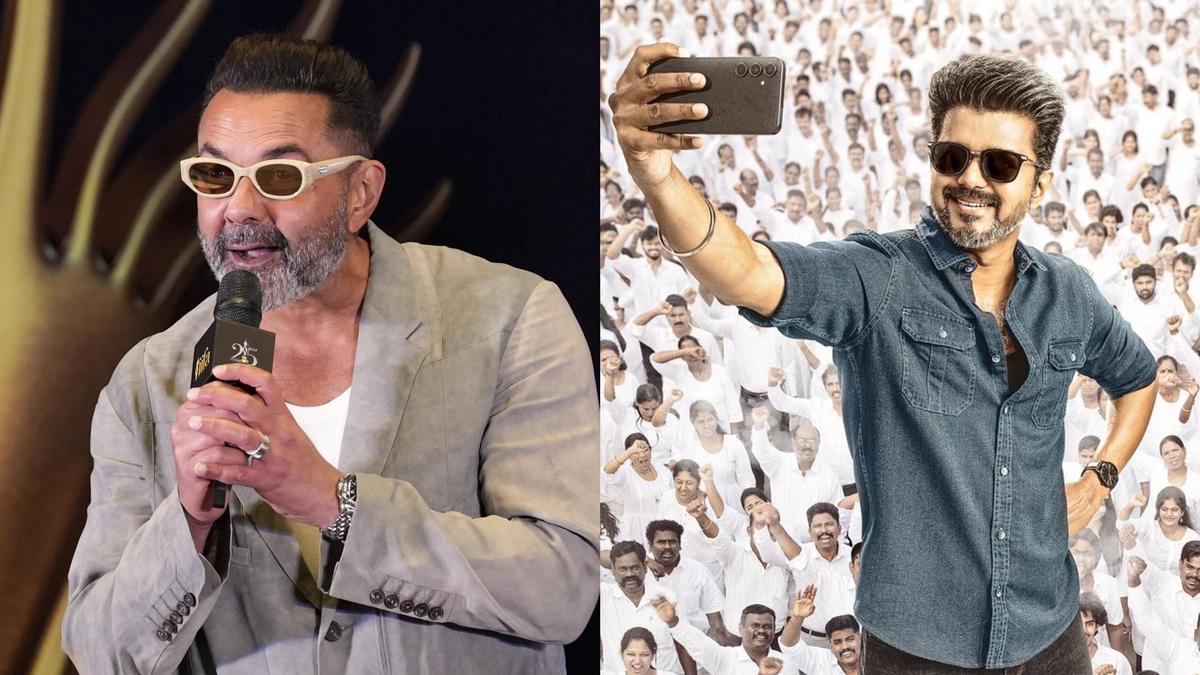
Quincy Jones, the multi-talented music titan whose vast legacy ranged from producing Michael Jackson’s historic “Thriller” album to writing prize-winning film and television scores and collaborating with Frank Sinatra, Ray Charles, and hundreds of other recording artists, has died at 91. Jones’ publicist, Arnold Robinson, confirmed that he passed away on Sunday night at his home in the Bel Air section of Los Angeles, surrounded by his family.
In a heartfelt statement, his family said, “Tonight, with full but broken hearts, we must share the news of our father and brother Quincy Jones’ passing. And although this is an incredible loss for our family, we celebrate the great life that he lived and know there will never be another like him.”
Quincy Jones’ life journey is nothing short of phenomenal. From the streets of Chicago where he ran with gangs, he ascended to the zenith of the music industry, becoming one of the first Black executives to succeed in Hollywood. Throughout his career, he amassed an extraordinary musical catalog, delivering some of the richest moments of American rhythm and song. His influence was so pervasive that it was almost impossible for any music lover not to own a record with his name on it or for any leader in the entertainment industry, and beyond, not to have some connection to him.
Jones’ charisma and vision brought him into the spheres of presidents, foreign dignitaries, movie stars, and international music legends. He toured with jazz luminaries like Count Basie and Lionel Hampton, arranged timeless records for Sinatra and Ella Fitzgerald, and composed iconic soundtracks for beloved projects such as “Roots” and “In the Heat of the Night.” Jones also played a pivotal role in organizing President Bill Clinton’s inaugural celebration and spearheaded the all-star recording of “We Are the World,” the 1985 charity song aimed at raising funds for famine relief in Africa.
Globally acclaimed artist Lionel Richie, who co-wrote “We Are the World” and was among the featured singers, has described Quincy Jones as “the master orchestrator.” This title encapsulates Jones’ ability to seamlessly bridge diverse musical worlds and cultures.
Jones started his music career at a time when records were still spun on 78 rpm vinyls, and he quickly rose to receive top honors.
. A major highlight of his career was his work with Michael Jackson on albums like “Off the Wall,” “Thriller” and “Bad.” These records achieved near-universal acclaim due to their distinct style and wide appeal. Jones’ versatility and boundless imagination amplified Jackson’s talents, guiding him from a child star to the “King of Pop.” Together, they crafted a global sound on classic tracks like “Billie Jean” and “Don’t Stop ‘Til You Get Enough,” weaving elements from disco, funk, rock, pop, R&B, jazz, and African chants. In “Thriller,” some of the album’s most memorable moments were inspired by Jones, such as bringing in Eddie Van Halen for his electrifying guitar solo on “Beat It” and enlisting Vincent Price for a haunting voiceover on the title track.
“Thriller” shattered records by selling more than 20 million copies in 1983 and remains a top contender for the best-selling album of all time. In a 2016 interview with the Library of Congress, Jones said, “If an album doesn’t do well, everyone says ‘it was the producer’s fault’; so if it does well, it should be your ‘fault,’ too. The tracks don’t just all of a sudden appear. The producer has to have the skill, experience, and ability to guide the vision to completion.”
Reflecting on his awards, accolades and contributions, Quincy Jones’ illustrious resume spans 18 pages in his 2001 autobiography “Q.” Accolades listed include 28 Grammy Awards, honorary Academy Awards, an Emmy for his work on “Roots,” France’s Legion d’Honneur, and the Rudolph Valentino Award from Italy. He was honored with a Kennedy Center tribute for his significant contributions to American culture and was the focal subject of a 1990 documentary, “Listen Up: The Lives of Quincy Jones” as well as a 2018 film by his daughter, Rashida Jones. His memoir captured his colorful life and seasoned wisdom, making him a best-selling author.
Quincy Jones’ passing marks the end of an era, but his legacy in music and culture will continue to inspire generations to come.










